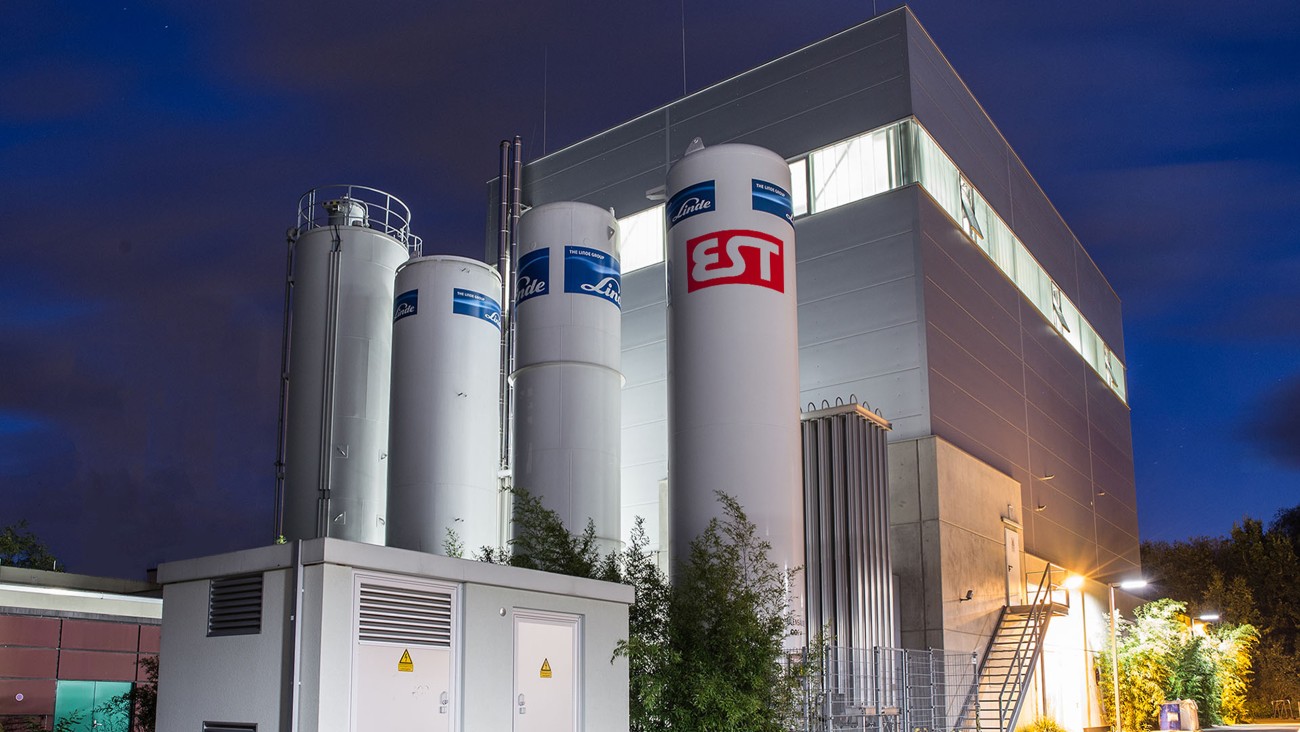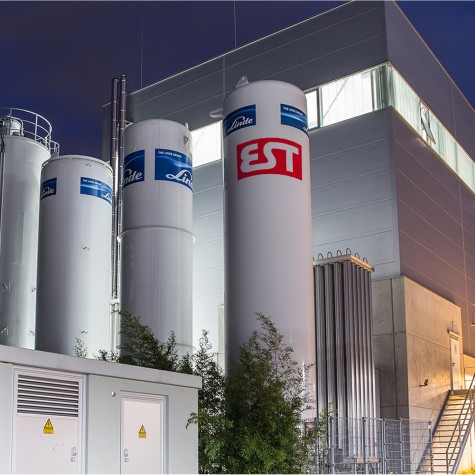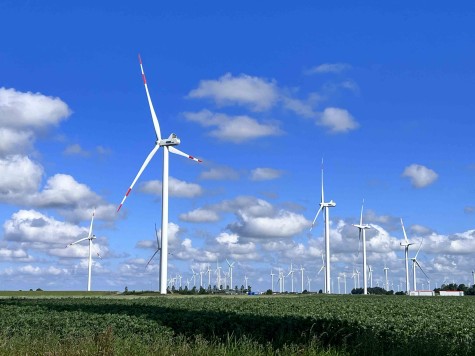Institute for Energy Systems and Technology
At the Institute of Energy Systems and Technology, innovative energy supply processes and concepts based on thermochemical conversion are being developed. Here, the main goals are climate neutrality and environmental compatibility, while at the same time ensuring security of supply and price stability.


Welcome,
I am pleased to welcome you to our website.
Our team at the Institute of Energy System and Technology has the vision of a fully sustainable energy supply. To achieve this goal, we conduct research in this field passionately and share our expertise and passion with our students.
I hope, you will find all desired information. For further questions, do not hesitate to contact us personally, via phone or email.
Prof. Dr.-Ing. Bernd Epple
News
Currently no entries available.
Recommended external content
We have selected external content from YouTube for you and would like to show it to you right here. To do this, you must reveal it with one click. You can hide the external content at any time with another click.
I agree to external content from YouTube being shown to me. This may result in personal data being transmitted to third-party platforms. You can find more information in our Privacy Policy.
TV report about CO₂ capture
hr, hessenschau, 10.01.2015
Anthropogenic CO₂ emissions are the main driver of climate change. One possibility to reduce these emissions is the capture and storage of CO₂ formed in power generation and industrial processes (Carbon Capture and Storage, CCS). Such processes have been investigated and optimized for several years at the Institute of Energy Systems & Technology. Experimental considerations are undertaken in the 1 MWₜₕ pilot plant, allowing for the investigation of different processes in the semi-industrial scale, which was put into operation in 2010. The process presented in the given video, Carbonate Looping, distinguishes itself due to its low specific energy demand required for carbon capture and the possibility of retrofitting it to existing plants, such as conventional power plants. Apart from CO₂ reductions, coupling the given process with biomass combustion or waste incineration allows for negative CO₂ emissions.
TV report about methanol synthesis
Sat.1, 17:30 Sat.1, 06.05.2019
Apart from the approach to store captured CO₂ (CCS), it is possible to utilize the CO₂ captured from power plant and industrial processes (Carbon Capture and Utilization, CCU), thereby substituting fossil carbon sources in other processes. To achieve this, the captured CO₂ can be converted to methanol, an important base chemical, in the presence of hydrogen. In the subsequent process steps other chemicals or fuels can be synthesized from this highly versatile precursor. The process described in the given video is of special interest due to the increase of the share of fluctuating, renewable energy carriers in the electricity market. At peak renewable energy supply times, the electricity produced in waste incineration plants, which cannot be sold on the saturated electricity market, can instead be used for hydrogen production via water electrolysis. Through this, a continuous full-load operation and an ensuing high plant efficiency is guaranteed. Due to the large share of substances of biogenic origin contained in municipal waste, this process directly contributes to the de-carbonization of the chemical industry.













